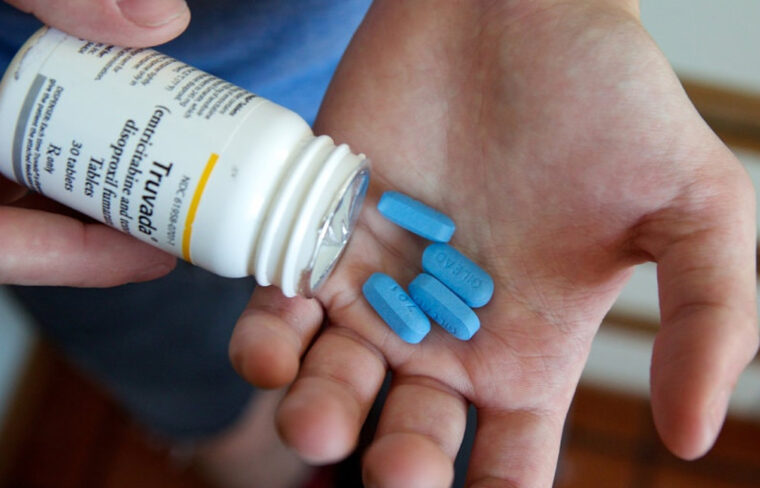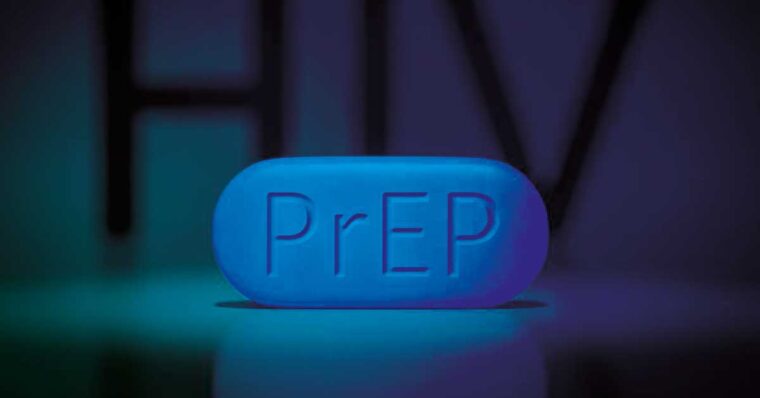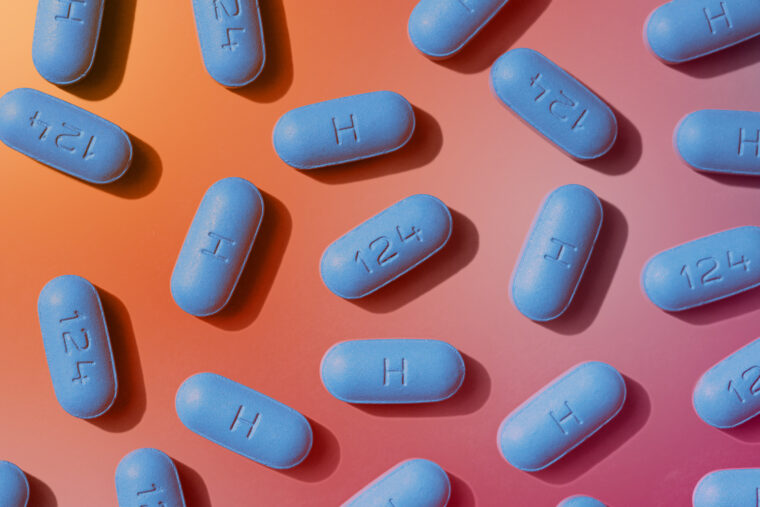The landscape of HIV prevention has experienced significant advances in recent decades, chief among them being the introduction of Pre-Exposure Prophylaxis or PrEP. This pill acts as a powerful shield against HIV, dramatically reducing the risk of acquiring the virus. Yet, as the medical community continues to navigate the intricacies of PrEP, questions about its optimal usage remain. One of the pivotal questions at the forefront of research today is: What happens when PrEP is halted after just one week of consistent use? This exploration delves into the safety, efficacy, and potential implications of such a decision, offering a comprehensive look into the nuances of this groundbreaking preventive measure.
How Does it Work?

Pre-Exposure Prophylaxis is a revolutionary HIV prevention strategy that involves taking antiretroviral medication to reduce the risk of HIV transmission in individuals at high risk of contracting the virus. One of the PrEP medications on the rise is Q Care Plus. When taken consistently and as prescribed, PrEP creates a protective barrier, preventing the virus from establishing a permanent infection in the body.
Discover the power of PrEP! This remarkable HIV prevention method has shown impressive results in reducing transmission, especially among high-risk groups. Discover the power! Studies reveal that using it consistently can cut HIV infection risk by over 90%. This revolutionary prevention method can transform public health strategies and reduce virus transmission. Stay informed and protected with PrEP.
The Recommended Duration of PrEP Usage

The recommended duration of PrEP usage depends on various factors, including individual risk factors, sexual activity, and exposure to potential HIV transmission. PrEP may be a short-term measure for some individuals during periods of higher risk, while it may be a long-term preventive strategy for others.
For daily regimens, individuals are advised to continue taking the medication daily for as long as they are at risk of HIV exposure. Daily dosage ensures that a consistent level of medicine is maintained in the body, providing ongoing protection against HIV.
On the other hand, on-demand (event-driven) PrEP is suitable for those who engage in occasional sexual encounters. With this approach, individuals take medication before and after sexual activity rather than daily. When used correctly, this method can be as effective as daily PrEP, making it a suitable option for those with infrequent sexual encounters.
The Importance of Consistent PrEP Usage

Consistency is vital when it comes to PrEP usage. Adherence to the prescribed regimen is crucial for preventing HIV transmission. Taking the medication consistently ensures that the medication is at optimal levels in the body, providing maximum protection against HIV.
For individuals on daily PrEP, it is essential to take the medication every day without skipping doses. Missing doses can reduce the level of protection and increase the risk of acquiring HIV if exposed to the virus.
On-demand users must strictly follow the prescribed dosing schedule. Taking the initial two pills 2-24 hours before anticipated sexual activity, followed by one capsule at 24 hours and another at 48 hours after the first dose, provides the necessary protection. Deviating from this schedule may compromise the effectiveness of on-demand.
To maintain consistent PrEP usage, setting reminders or incorporating them into daily routines may be helpful. This approach ensures that individuals are always protected and reduces the risk of potential lapses in usage.
Possible Risks and Consequences of Stopping Prematurely
If someone stops taking PrEP prematurely and is exposed to HIV without adequate protection, there is a risk of acquiring the virus. It provides a protective barrier against HIV, and stopping it without medical advice may lead to vulnerability to HIV infection.
Additionally, the rebound effect may occur if PrEP is discontinued abruptly.
Imagine a scenario where PrEP is absent, and the rebound effect takes over. The virus multiplies rapidly, putting you at greater risk of HIV transmission. Stay protected to avoid this situation.
Moreover, stopping PrEP without medical guidance can contribute to developing drug resistance. If the virus is exposed to the medication without adequate protection, it may become resistant to the drug, making PrEP less effective if resumed in the future.
For your safety, always consult your healthcare provider before discontinuing PrEP.When considering stopping it, remember to consult your healthcare provider. They’ll assess your situation, address concerns, and offer guidance based on your risk factors and lifestyle. Prioritize your health and follow medical advice for the best outcome. Your well-being is a top priority.
Talking to Your Healthcare Provider about Stopping PrEP

Considering stopping PrEP? Talk openly with your healthcare provider—it’s vital. They know your medical history, risks, and sexual patterns, making them your personalized advisor. Share your concerns during the consultation. Your provider will highlight the dangers and consequences of stopping PrEP, aiding your decision-making. If it’s agreed to stop PrEP, follow your provider’s guidance for a safe transition. Trust their expertise to ensure your well-being.
Conclusion: Follow Medical Advice When it Comes to Stopping PrEP Medication
In conclusion, Pre-Exposure Prophylaxis (PrEP) is a formidable tool in the fight against HIV transmission, providing a robust defense when taken diligently and following prescribed guidelines. The recommended duration of PrEP usage plays a pivotal role in sustaining its effectiveness, safeguarding individuals from potential exposure to the virus.
Discontinuing prematurely can expose individuals to a heightened risk of HIV infection and may also pave the way for the emergence of drug resistance. Therefore, if you are contemplating stopping, seeking guidance from your trusted healthcare provider is paramount. Their specialized knowledge and insight will aid you in making an informed decision tailored to your unique health profile and lifestyle.
Remember that your well-being and sexual health hold the utmost significance. Embrace a proactive approach to your HIV prevention journey by heeding medical advice and remaining consistent with PrEP usage. By doing so, you can harness the full potential of this powerful shield, empowering yourself on the path to a safer and healthier future. Your journey to a more secure and fulfilling life starts with making educated choices and prioritizing your health.
